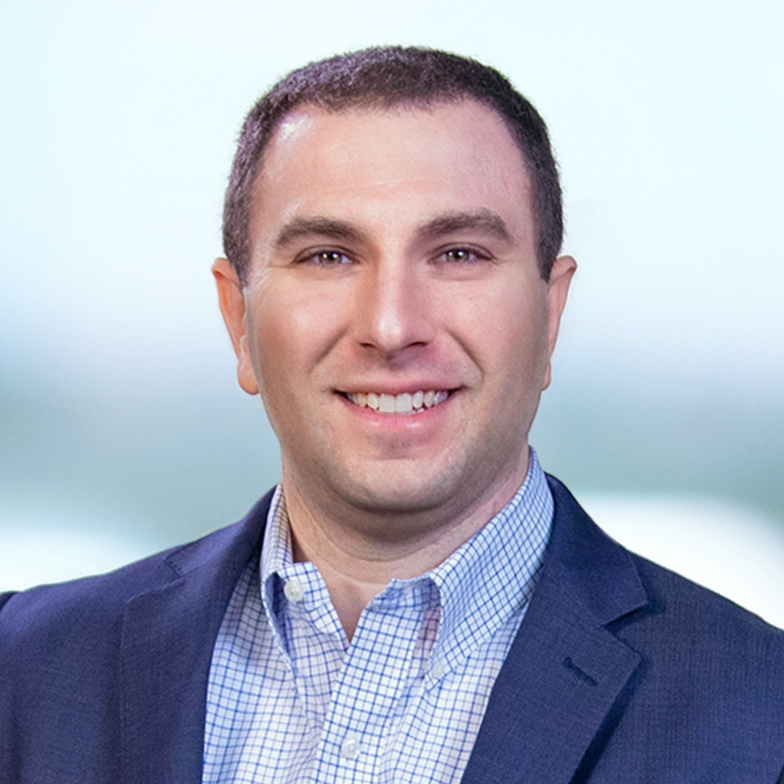Public Safety Practitioners Needed for Hackathon...Tech Skills NOT Required
/I just came across a fairly well-funded and notable hackathon taking place in Washington, DC May 2-3. The event is looking for public safety practitioners to help guide development. No technical knowledge or skills are required, just an interest in furthering mobile application development in public safety. This is a great event for first timers to get their feet wet in this domain and network with other people and organizations.
Sponsors and participants include a range of people from Google, AT&T, Apperian, McAfee, the Department of Homeland Security and many others. Here is the intro:
Building on commercially available software, leveraging APIs from AT&T, Apperian, Google, and McAfee and engineering support from these tech powerhouses, you’ll be able to work with some of America’s finest with actual police, fire, and EMS communications experts on hand from the Association of Public Safety Communications Officials (APCO) to help you conceptualize solutions and work through some of these unique and exciting Public Safety challenges. Additionally, you will have application security experts from Department of Homeland Security assisting you to enhance the function, performance, and security of your application that is critical to public safety.
Teams can win up to $10,000 centered around four main challenges:
1) Communications: Mobile communications are essential to public safety. Interoperable voice, video, and information sharing between all personnel, which often includes responders from different disciplines and jurisdictions would dramatically enhance response efficiency and safety. Communication must be convenient and reliable. The right person having the right access at the right time to sensitive information is essential. How can your creation provide seamless and straightforward communications capabilities for public safety?2) Situational Awareness: Public safety users must be aware of their surroundings and access to the most up-to-date information in order to make the best real-time, tactical decisions. However, too much information can inhibit decision-making. Reducing distractions and focusing on the outputs of data analysis can help the first responder react appropriately in a high-stress, disorderly environment. How can your creation provide data to the first responder to quickly identify relevant and actionable information about their situation or environment?3) Augmented Reality: First responders can benefit from an enhanced view of the environment while in the field. This view may be supplemented by interactive map overlays, multi-user awareness, virtual browsing, and/or virtual showcasing. For instance, a tool could give these professionals information that would not otherwise be visible (example: “seeing” other responders, electrical wires, stand pipes, through obstructions) could be valuable for emergency response and first responder safety. How can your creation help to provide an augmented reality experience for the user?4) APCO Location Challenge: Option 1 - The existing 9-1-1 network has been designed to automatically identify a mobile 9-1-1 caller’s location however, on occasion the location information of a mobile 911 caller is not accurate or not sent in a timely manner to the Public Safety Answer Point (911 Call Center). How can your application assist Public Safety Answering Points (PSAP) receive accurate and timely information so they can better respond to emergency calls?Option 2 - Emergency responders live in an inherently mobile environment – but their work is often done in collaboration. Thus location of first responder assets is critical to any emergency operation. To that end, how can your application help provide location-based information to a first responder in the field about his/her location, the location of others in their cohort, and give permissioned access about that information to their command (i.e. PSAP)?
For more information and to register, check out the event website.
